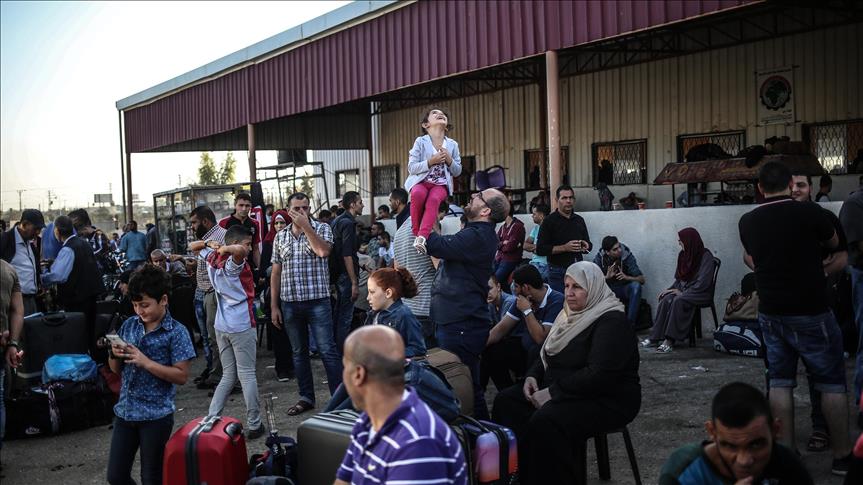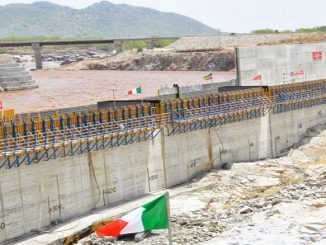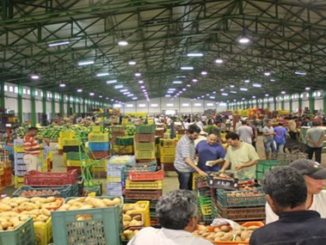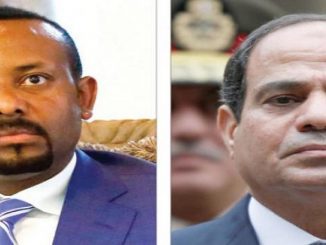– The terminal will remain open in both directions for five days
– Egyptian authorities on Monday reopened the Rafah border crossing with the blockaded Gaza Strip, according to
Anadolu Agency.
In a statement, Gaza’s border crossing authority said the terminal will remain open in both directions for five days.
It said students, medical patients and holders of foreign residence permits will be allowed to cross the border terminal during the five-day period.
Egypt’s official agency MENA said the crossing was opened “upon instructions from President Abdel-Fattah al-Sisi”.
According to Gaza’s border crossing authority, around 20,000 “humanitarian cases” are registered to cross the Rafah crossing.
Fully blockaded by Israel since 2007, when Palestinian group Hamas wrested control of the territory, the Gaza Strip has seven border crossings linking it to the outside world.
Six of these are controlled by Israel, while the seventh — at Rafah — is controlled by Egypt, which has kept the border sealed for the most part since a 2013 military coup.
Egyptian authorities last Wednesday opened the Rafah crossing between Egypt and the besieged Gaza Strip in both directions to permit the crossing of humanitarian cases just a few days following the crossing’s opening on Saturday, reported
Ma’an News Agency.
According to a spokesman for the Palestinian side of the crossing, Wael Abu Muhsin, the crossing would remain open for four consecutive days.
Departure from the Gaza Strip, he added, would be prioritized in accordance with lists prepared by the Ministry of Interior in Gaza.The Rafah crossing was also opened on Saturday for two consecutive days to allow passage for humanitarian cases and “stranded people.”The Palestinian Authority (PA) said in a statement Sunday that 783 Gazans were able to leave the coastal enclave via the crossing since it opened Saturday morning.
Among those who traveled Saturday were 11 patients who were transported in ambulances for medical treatment abroad. Egypt has upheld an Israeli military blockade on the Gaza Strip for the majority of the past three years, since the ousting of President Muhammad Morsi in 2013 and the rise to power of Abd al-Fattah al-Sisi in Egypt.While the Egyptian border has remained the main lifeline for Gazans to the outside world, Egyptian authorities have slowly sealed off movement through the border since Morsi was toppled by the Egyptian army.
Due to the constraints on Palestinian movement through the crossing, many Gazans are commonly barred from leaving or entering the besieged coastal enclave, some for months at a time, as the crossing is only periodically opened by Egyptian authorities, stranding Palestinians on both sides of the crossing during closures.
In 2015, the Rafah crossing was closed for 344 days. The crossing has been reopened on a more regular basis since the beginning of 2016.
The near decade-long Israeli blockade has plunged the Gaza Strip’s more than 1.8 million Palestinians into extreme poverty and some of the highest unemployment rates in the world.
Gaza’s infrastructure has yet to recover from the devastation of three Israeli offensives over the past six years. The slow and sometimes stagnant reconstruction of the besieged coastal enclave has only been worsened by the blockade, leading the UN in September to warn that Gaza could be “uninhabitable” by 2020.




